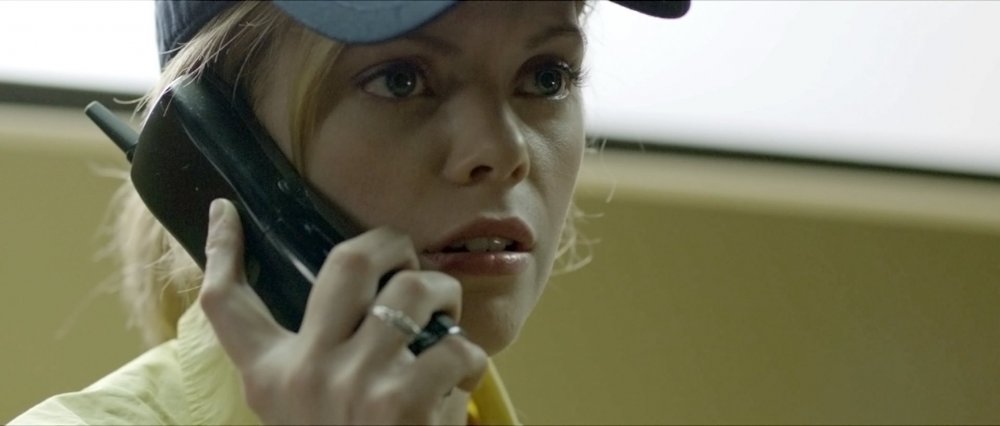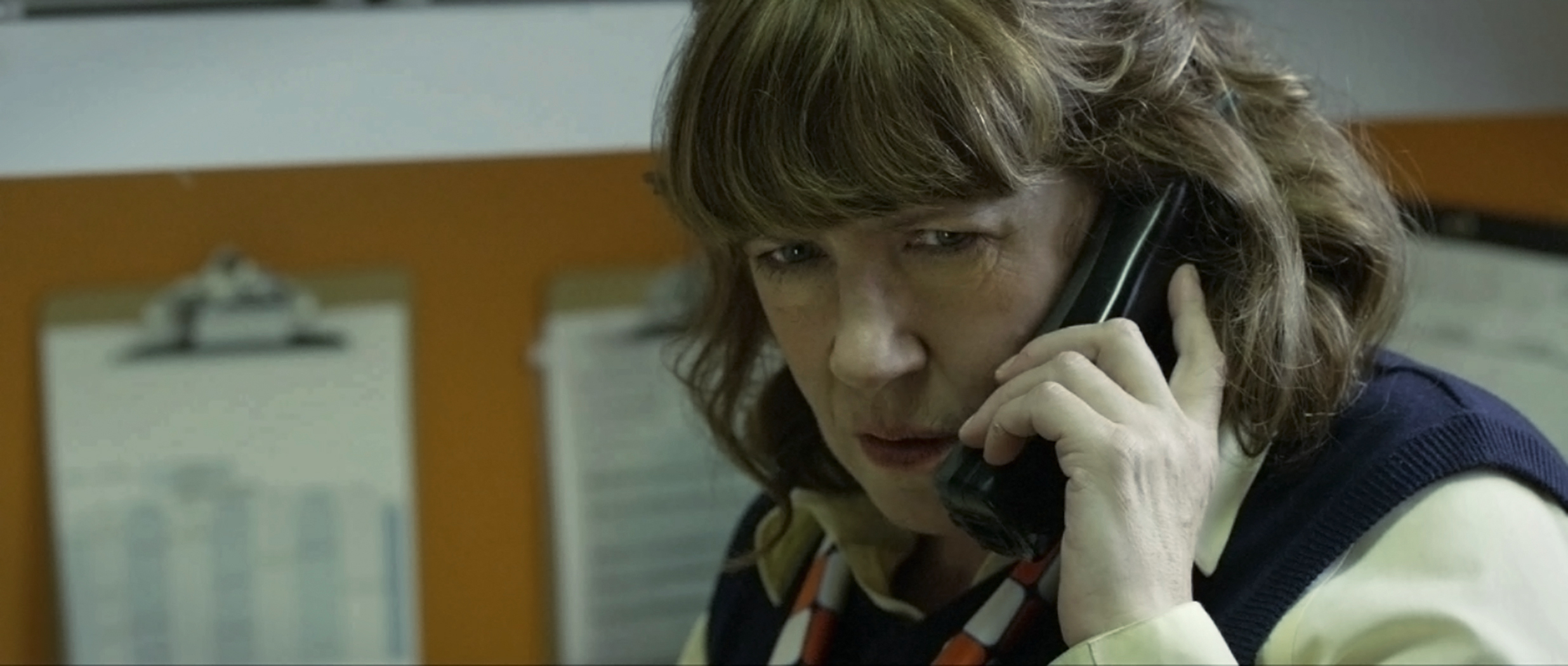Compliance



We are each, all of us, individuals, with an independent mind, acting solely on our own personal freedom and sovereign decision making. Our will is not influenced against our desires nor do we allow ourselves to be subjected to psychological manipulation. We do not permit our ethics and rational judgements to be set aside, instead allowing for authoritarian and despotic acts to take over.
Except none of that is true. At least not by default.
Some background: beginning in 1961, Dr. Milgram carried out a series of experiments to work out to what extent apparently reasonable and ‘good’ people would subject themselves to an authority figure, regardless of how their own better sense of reason would argue against the instructions given to them. Milgram was motivated by a desire to understand the events of the Holocaust in World War 2; how populations of millions managed to be influenced by very few to carry out horrific acts.
The results of the tests essentially demonstrated a dark aspect to our nature; that under the influence of an individual who appears to represent a figure of authority, who appears to be more knowledgeable than us, who speaks in a certain tone and convinces us that THEY, and not we, are responsible for OUR actions, that we are capable of subjecting another seemingly innocent person to lethal acts. Torture and murder, under the guise of “I was just doing what I was told”.
Any experiment in the context of a lab can be deemed questionable and not sincerely translatable to ‘the real world’. The first thing that comes up on screen when Compliance begins is a card stating that the events are true, factual, and nothing, absolutely nothing, is exaggerated. As regular television and movie viewers, we are all used to seeing ‘Based on a true story’ title cards, and we take those with a pinch of salt. A little research in this case, however, reveals that, seriously, none of it is exaggerated – and so by the time you’re done watching the film, you think, “fuck”.
The plot: a manager working in a fast food restaurant (in real life, a McDonald’s) receives a phone call from a man saying he’s a police officer and he has a ‘victim’ with him claiming that one of the employees has stolen money from her. The accused, a teenage girl, is brought to the back of the restaurant for questioning, by the man on the phone. Whilst the employee, Becky, denies any wrong-doing, the voice over the phone pushes the manager, Sandra, to keep Becky at the back of the restaurant until the police can make it over. But no one ever turns up, and the voice on the phone pushes each individual in the restaurant to get involved in one way or another, to the point of complete degradation. I’d rather not say any more, to not give away how the plot unfolds.
A low-budget independent film skilfully making full use of the ‘single location’ style of story telling, never letting up in tension or intrigue. Ann Dowd (of The Handmaid’s Tale) is perfectly cast as the restaurant manager who is trying to do what she thinks is right – in her case, follow orders as a middle-authority. Dreama Walker is the victim in the story, a totally underrated talent we really should be seeing more of.
And the true identity of who the ‘victim’ here is, is left to interpretation.
If you haven’t seen the film, I suggest avoiding the trailer (which literally has the ending in it), and leaving any research into the subject until after you’ve watched it. It is uncomfortable. Not gruesome in any way, but it is not an easy watch. And for the right reasons; it shouldn’t be. We are challenged by it, reminded that this could be any of us, that just because someone tells us they are an authority, to not believe it, to question it, ask them for proof, and that regardless of that proof, if something is wrong, and we know it’s wrong, we have a responsibility to say “no”.
Is it a question of how human impulse wants to obey, or is it how human will is easily crushed? At the film’s premiere at the Sundance Film Festival in 2012, there were several walk-outs during the screening and heckling during the Q&A. I can only imagine those people saw themselves in the story and felt too uncomfortable to confront it and be challenged and bear it. But I empathise – the film works on several layers: as a member of the audience, you are a voyeur and utterly powerless to intervene, your own rationale rendered useless. You know better, yet can do nothing in the face of the injustice unfolding in front of you. The frustration loops in on itself. Maybe the right thing to do is indeed to walk out. I don’t know. I do have another suggestion, though.
If we are to keep oppression and totalitarianism at bay, if we are to call out the bullies, if we’re to become the good people we want to be, and confidently create a society we’d be proud to hand over to the next generation, we must confront these aspects of our character, be able to identify them to separate them from our better nature, and make a choice as to which one will dominate.
